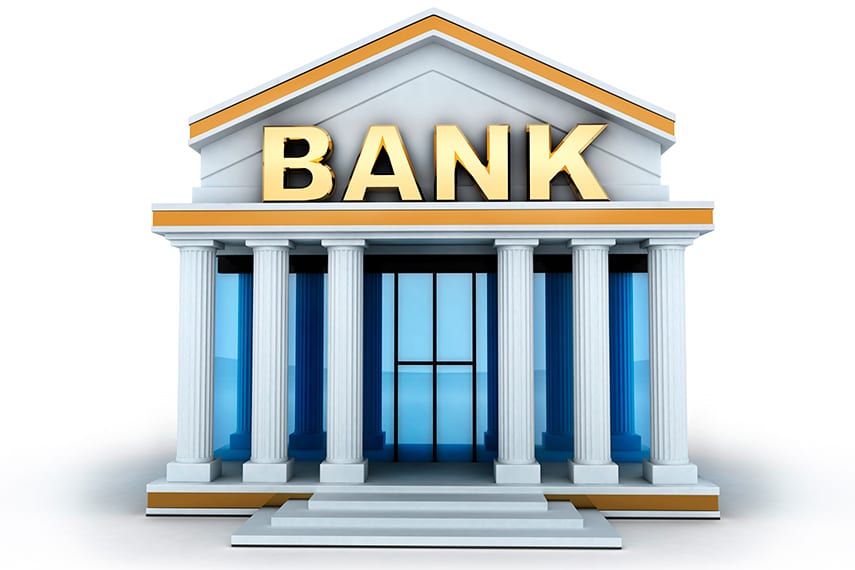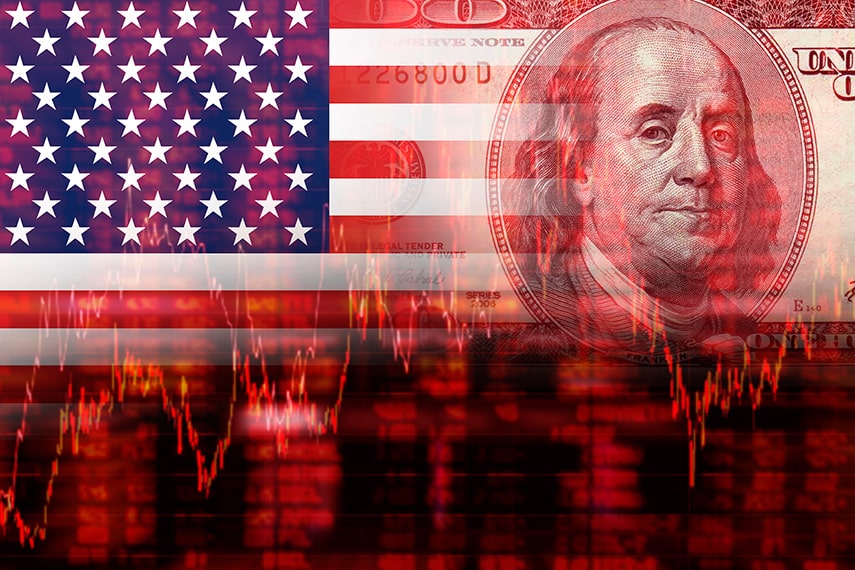
I was brought up to believe a bank was a sacred palace. A bank was where you deposited money you’d be needing in some undefined (to my kid’s mind) future. The grocer and the power company could wait, but your bank account, represented by your mother and your homeroom teacher and, as you grew older, your conscience, required a deposit at least every two weeks. “Pay yourself first,” was the motto I was taught; and your payroll stash would then be monitored by your friendly banker.
Funny how a bank actually works isn’t it? We deposit our money there, and, in return, our bank extends us a paltry amount of interest. Then it turns around and lends our money to someone else at a higher rate than it pays us, and pockets the difference. In the process area businesses expand, money lubricates the local economy, and you know your savings are safe behind those palatial bank walls.
But your friendly neighborhood banker has become a relic of a bygone era, if he ever really existed. In recent years, the most respected banks have repeatedly shown where there’s money, there’s cheating and fraud.
In May of last year, Citicorp, JP Morgan Chase, Barclays and Royal Bank of Scotland pleaded guilty to conspiring to “rig the value of the world’s currencies.” In other words, the banks we were raised to trust have admitted to being felons.
In this case, though, the banks were sufficiently lawyered up, and the SEC was sufficiently cooperative, so that life as these felons, aka bankers, knew it could continue undisturbed. As the New York Times reports:
“… The plea deals were not completed until the S.E.C. gave official assurance that the banks could keep operating the same as always, despite their criminal misconduct. (One S.E.C. commissioner, Kara Stein, issued a scathing dissent from the agency’s decision to excuse the banks.).”
How do you like them apples, folks? You couldn’t land a sweeter deal with a mask and a gun.
As it turns out, today’s banks are not only being slapped with criminal charges, they’re now faced with new economic challenges as well. You know this for sure when the industry’s daily trade newspaper, American Banker, openly acknowledges banks are having a hard time of it.
According to the article, the KBW bank stock index, a noted measure of bank stocks’ progress, is off sixteen percent in the first three weeks of this year and a whopping twenty-three percent since July, 2015. And we thought the S&P 500, down six percent and nine percent respectively over the same period, was depressing news!
But why should we be surprised? For as American Banker points out:
“Signs point to lower asset quality, with banks not prepared to manage the bumpy road ahead.
In the years following the [banking] crisis, banks – supported by an accommodative monetary policy – increased commitments to higher-risk asset categories, including real estate, corporate, energy and emerging markets.”
In other words, now banks aren’t just proven felons or soon-to-be felons; because they handed our money to high risk borrowers, they’re now incentivized felons. Yet we keep handing them our money.
What we need to ask is: What should we do to keep our money safe? Not only is your mattress no respectable place for your life savings, but with the daily erosion of value caused by inflation, if you’d slipped $100,000 under the Posturepedic in 1985 and pulled it out in 2015, you’d only have the buying power of $45,397.59. Safety’s important, but so is preserving buying power.
There’s got to be a more effective and respectable way to jury-rig a bank account. And it turns out that there is; one that banks themselves have known about for centuries.
Instead of entrusting your savings exclusively to paper money that accumulates a puny rate of interest over the years, it may be time to explore options that free you from banks’ “Heads I win, tails you lose” offerings. This is why I have been and will continue to be an advocate for gold. Unlike paper dollars, gold holds its value over time, largely resisting market swings (or swinging in the other direction), and it even resists inflation’s assaults.
Think gold is too fanciful? Do you know how the biggest banks in the world, central banks, insure their own paper money? You guessed it – with gold. If nothing else, they know how to hedge their bets, and when you own millions in gold you’re a very wealthy institution.
So at the very least, even if you have an old-time belief in banks that’s hard to shake, make sure your retirement savings are safely out of reach of their itchy, felonious fingers…






